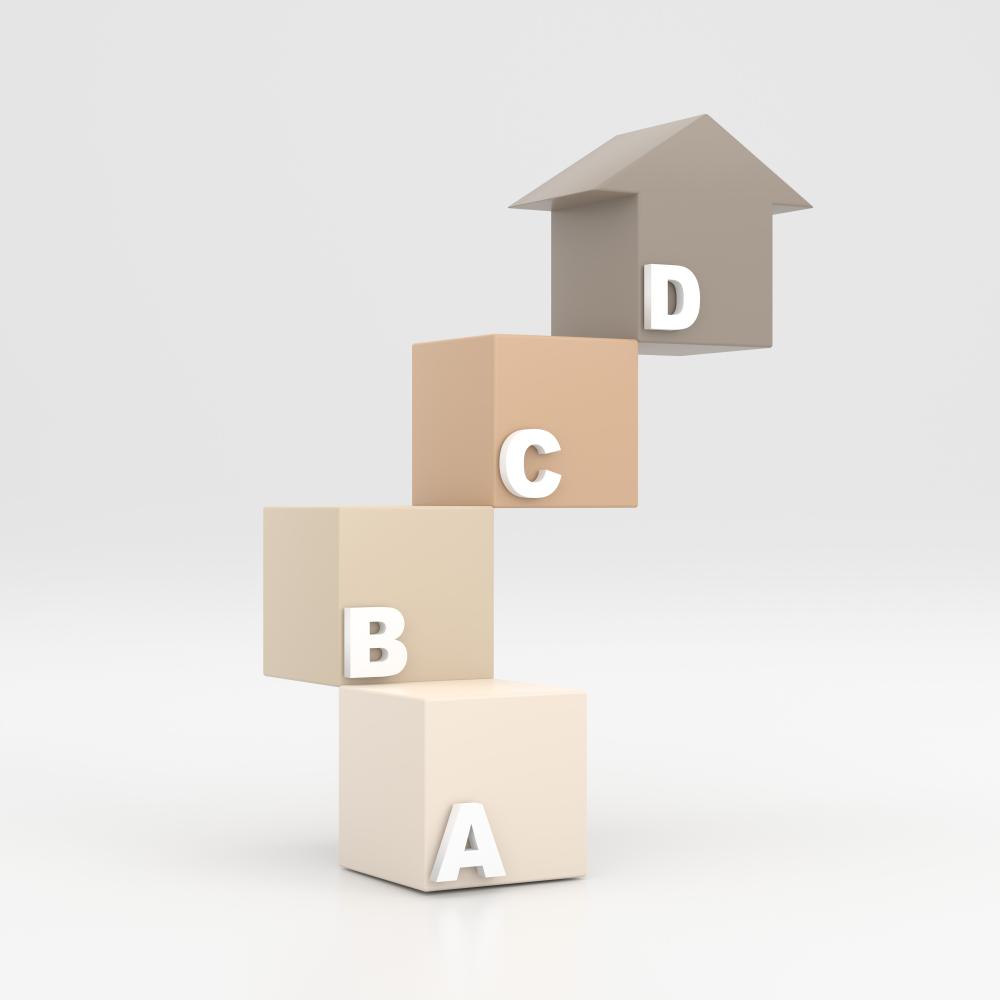Decoding the Domain Rating
Domain Rating (DR) provides a measure of a website's authority, courtesy of backlink analysis. Amidst the vast digital landscape, where 1.8 billion websites jostle for attention, DR acts like a spotlight guiding us to the most reputable sites. But, what exactly constitutes a domain rating? It's a numerical representation of the strength and quality of a site's backlink profile, scaling from 0 to 100. A higher DR suggests better authority, making your site more compelling to search engines.
In the world of digital marketing, where algorithms are king, a strong DR can catapult a site to the top of search engine results pages (SERPs). While Ahrefs and other SEO tools calculate DR using proprietary methods, they generally consider the number and quality of backlinks to a site. The more quality backlinks you have from high-DR sites, the higher your DR will be.
It's worth noting that DR isn't a standalone indicator of success. It's relative, meaning its significance is often in comparison to competitors. Think of it as a gauge of potential rather than an absolute metric.
Domain Rating vs. URL Rating: What's the Difference?
One common question that emerges in SEO circles is the distinction between Domain Rating and URL Rating (UR). Both metrics serve different purposes within search engine optimization efforts. While DR assesses the overall strength of a website's backlink profile, UR evaluates the strength of links pointing to a specific webpage.
Consider DR as a measure of your domain's global reach and UR as an insight into individual page performance. Imagine a pizza chain: DR represents the brand's nationwide recognition, while UR indicates how well a particular outlet is doing in its locale. Both are crucial but serve different strategic purposes.
For site owners, understanding the harmony between DR and UR can ensure a well-rounded SEO strategy. High DR with low UR might mean a site is strong overall but lacks critical individual page acclaim. Conversely, high UR with low DR could indicate specific high-performing pages in a less influential domain.
How to Enhance Your Domain Rating
Elevating your domain rating might appear challenging, but with dedication and smart strategies, it's achievable. Here's a succinct guide to boost your DR:
- Conduct a Backlink Audit: Identify and disavow low-quality or toxic backlinks that could harm your DR.
- Guest Blogging: Authoritative guest posts on reputable sites can bring high-quality backlinks.
- Create Shareable Content: Content that's valuable, informative, and engaging naturally attracts backlinks.
- Foster Relationships: Network with industry influencers and authority figures to create backlink opportunities.
- Monitor Competitors: Analyze competitors' backlinks to identify strategies you could emulate or improve upon.
These steps are not just technical maneuvers but are complemented by creativity and relationship-building, underscoring an integrated approach to SEO.
Why Domain Rating Really Matters
Why should businesses invest effort into improving their domain rating? The answer lies in the multifaceted benefits linked to high DR. A robust domain rating not only elevates your position in SERPs but also enhances your site's credibility among users and potential partners.
Consider the impact of DR in terms of three core benefits:
- Increased Visibility: A higher DR grants you better visibility in search results, leading to increased organic traffic.
- Trust and Credibility: Users tend to trust sites with higher DR, perceiving them as more authoritative and reliable.
- Enhanced Partnership Potential: A strong DR can make your site an attractive prospect for backlink partnerships and content collaborations.
In essence, an investment in your DR is an investment in your overall digital marketing strategy, helping cement your position in the competitive online sphere.
What Affects Your Domain Rating?
Understanding what can impact your domain rating is crucial for maintaining or improving it. Here are several factors that could cause fluctuations in your DR:
First, consider the quality of your backlinks. A spike in low-quality or irrelevant backlinks can hurt your DR. Engaging in ethical link-building practices ensures a positive contribution to your rating.
Secondly, digital landscapes evolve. Changes in competitors' backlink profiles may alter your DR. If they gain quality links, it might push your DR down unless you also enhance your backlink growth.
Lastly, algorithm updates from SEO tools may recalibrate DR calculations. Staying updated with SEO trends and understanding these updates helps mitigate unforeseen drops.
Does Domain Rating Have a Future?
The ever-evolving world of SEO poses the question: will domain rating remain relevant? While digital marketing strategies continuously adapt, DR retains its importance due to its reliability in assessing a site's credibility and reach.
SEO analytics will undoubtedly grow more sophisticated, potentially incorporating metrics we can't yet conceive. However, as long as backlinks remain valuable in SEO, domain rating will continue to be a vital component in holistic SEO strategies.
The key lies in diversification. By balancing DR improvement with other SEO strategies, like content quality and user experience, site owners ensure a resilient and adaptable online presence.
